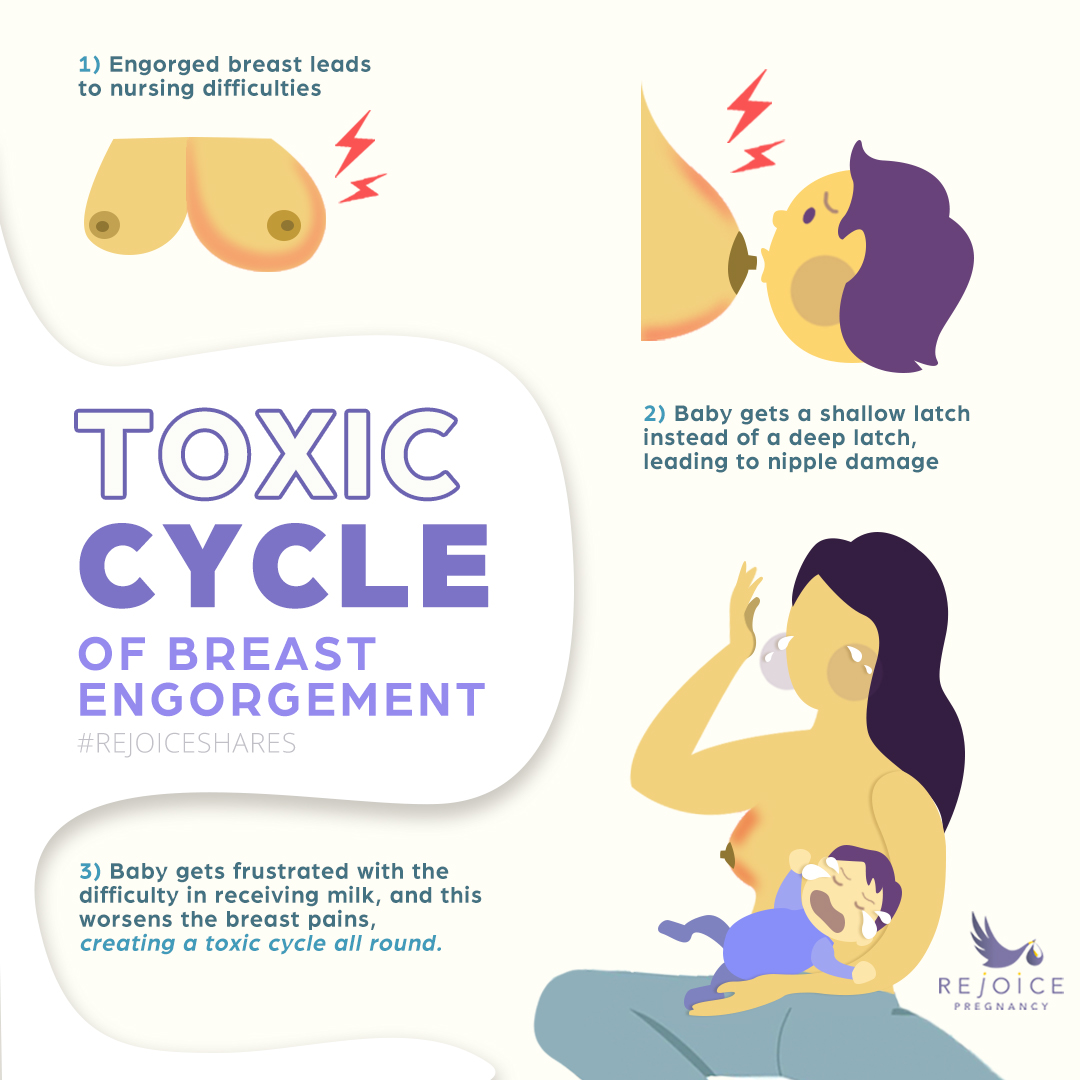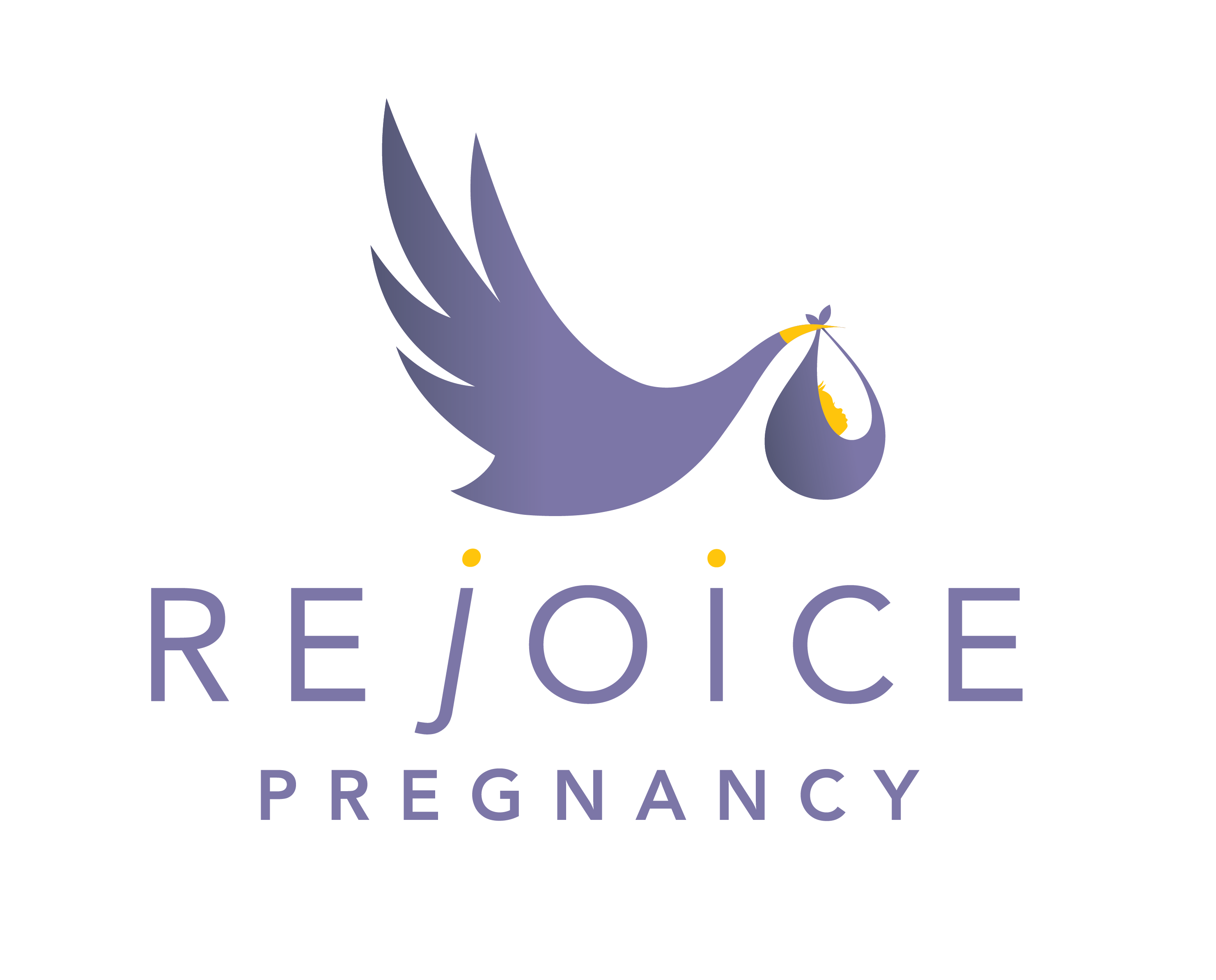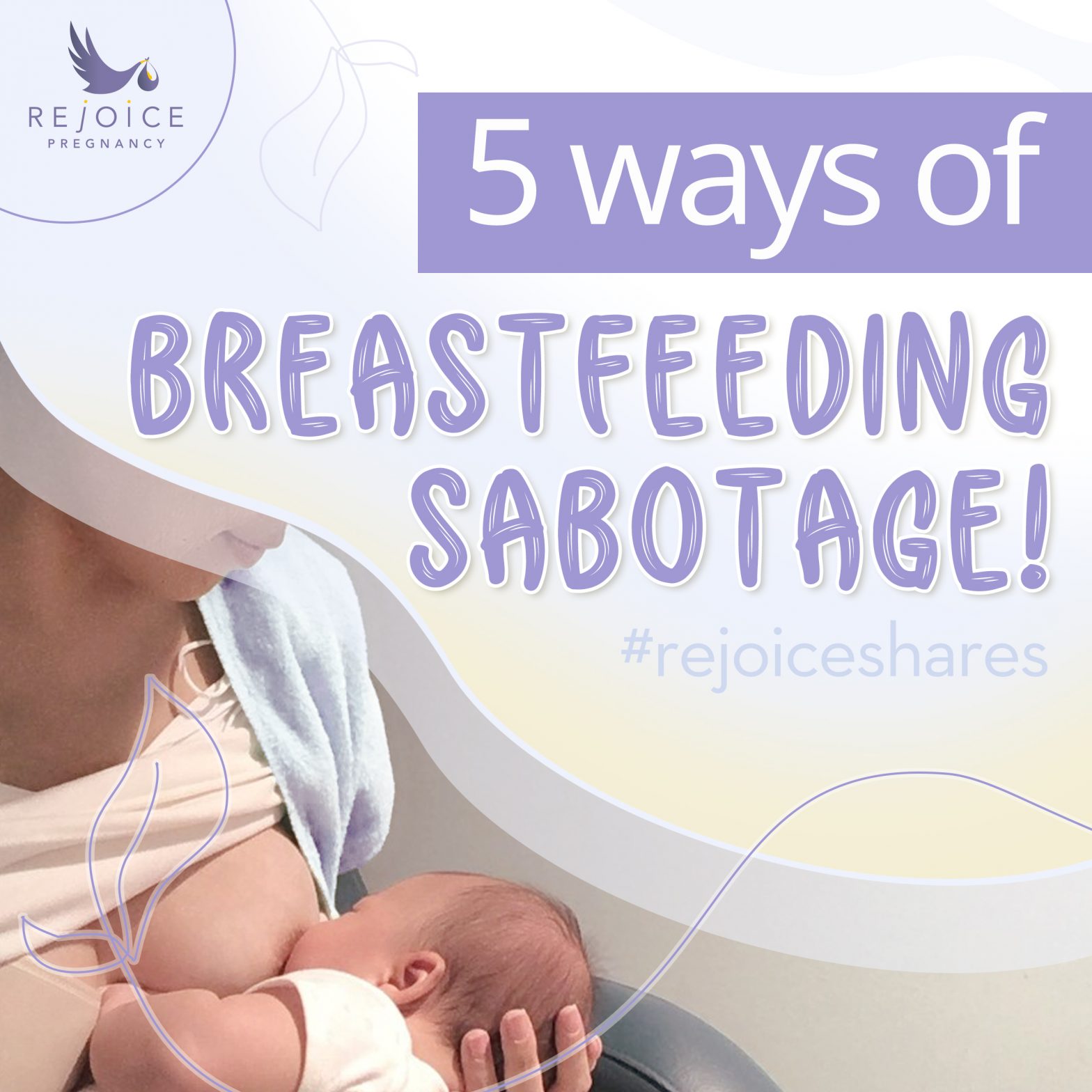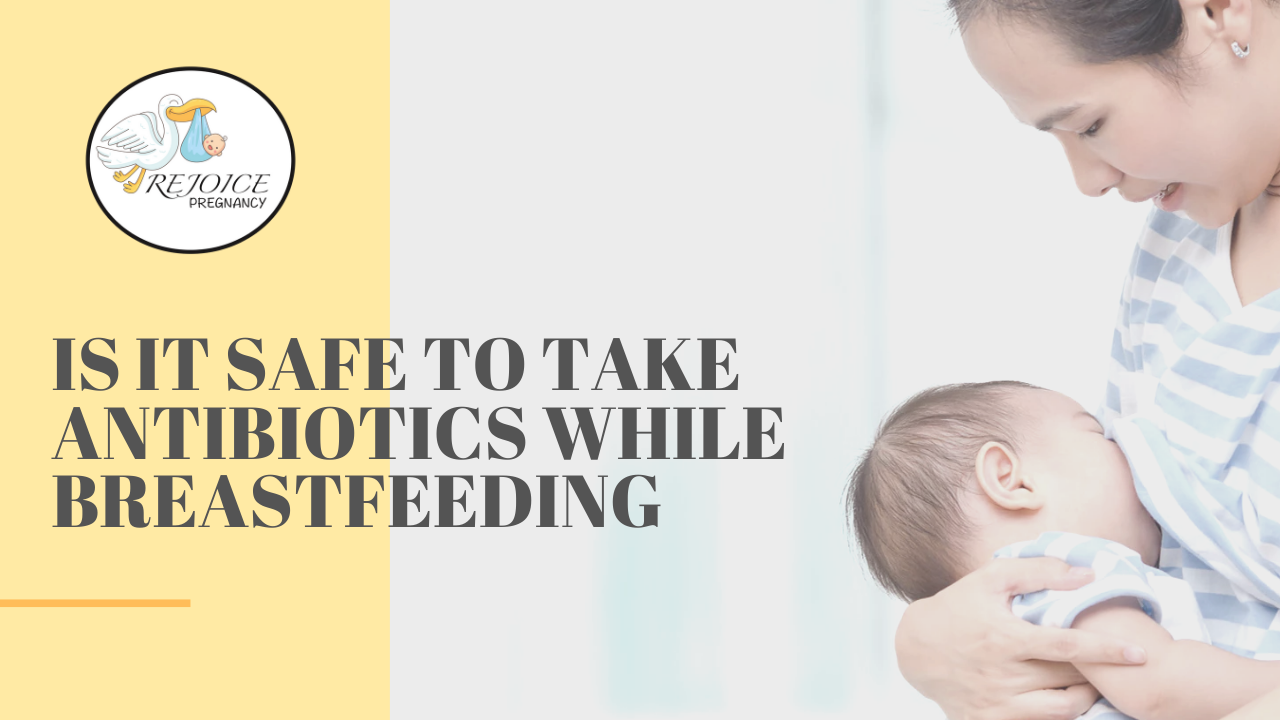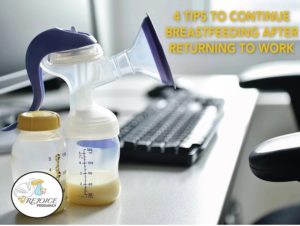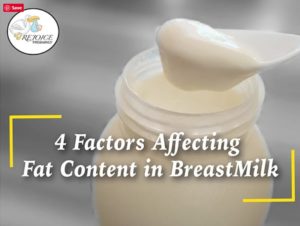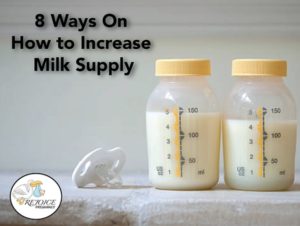“My breasts hurt a few days after I gave birth, why is this happening? I was latching fine a few days before, but now my breasts are growingly painful. How do I cope with it?” Don’t worry mummy! What you are experiencing is engorgement – which is a signal that your body is undergoing a… Continue reading Toxic Cycle of Breast Engorgement
Toxic Cycle of Breast Engorgement
